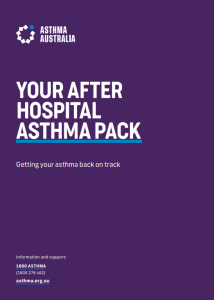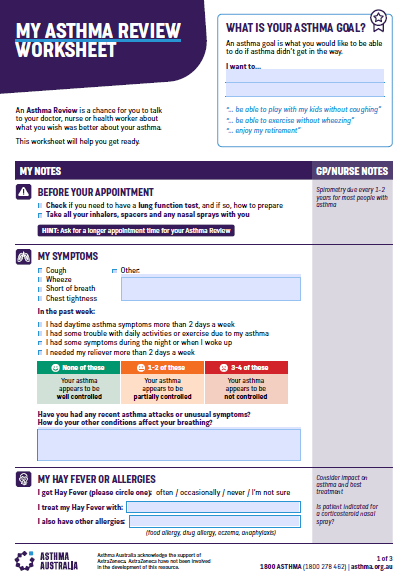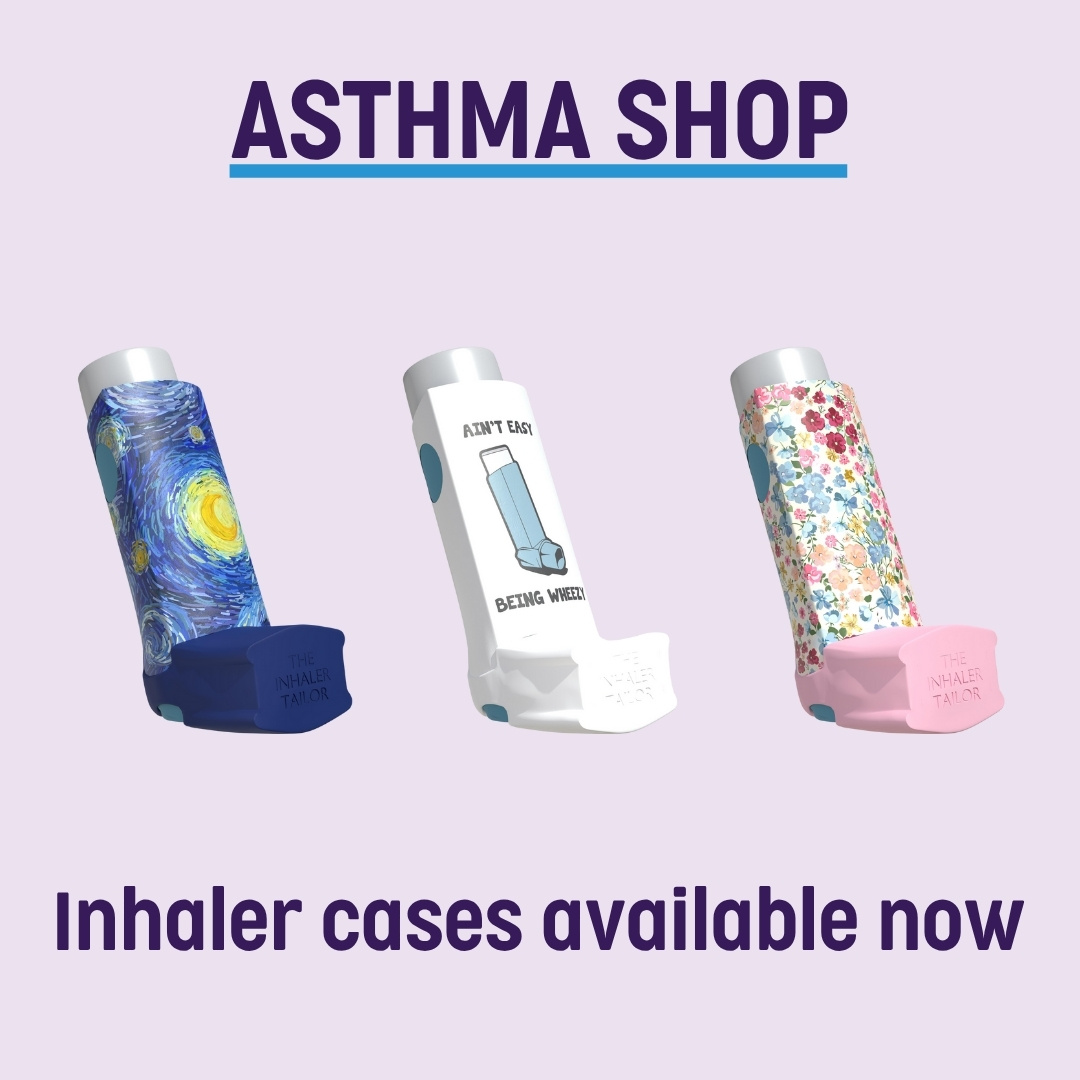Supporting your child after a hospital visit
Seeing your child struggle to breathe is a terrifying experience. If a recent asthma attack landed them in the hospital, you’re likely having a mix of feelings: relief they’re getting care, worry about what caused it and maybe even guilt.
You’re not alone.
First, take a deep breath. Your child’s health is your priority, but taking care of yourself allows you to be strong for them.
Next, focus on their care. The hospital staff will give you some guidance, but don’t be afraid to ask questions. We’ve put together this great After Hospital Pack to give you all the essential information to get your child’s asthma back on track.

|
Once you can take your child home, book an urgent doctor’s visit within three days. Write down any more questions you have so you don’t forget any you want to ask! In 2 weeks, you’ll need a follow-up visit. To make the most if it, use our Asthma Review Worksheet.

|
Take charge. You are your child’s biggest advocate. Learn as much as you can about asthma and become confident in managing it. We can help – call us on 1800 ASTHMA (1800 278 462) to speak with an Asthma Educator.
Book a call with an Asthma Educator
Teach your child. Talk to them about their triggers and early warning signs. Show them how to use their puffer and spacer with one of our videos.
Knowledge is power. There are a few things that can help you gain better control of your child’s asthma, making it less likely they will need to go to hospital. These include:
- Regularly visiting your doctor just to talk about your asthma.
- Making sure their puffer technique is checked by their doctor or pharmacist.
- Making sure they are using their preventer medicine every day if prescribed, even when feeling well.
- Avoiding things that trigger their symptoms when possible.
- Managing asthma triggered by exercise so they can stay fit and not miss out on playing with friends.
- Knowing what a flare-up looks like for your child, and the signs that their asthma might be starting to flare up.
- Treating their symptoms early. Don’t wait for them to get worse!
| For my son a flare always started with waking with a dry cough or an increase in night symptoms.
-Amy, parent of an 8-year-old child with asthma |
Asthma doesn’t define your child. Many athletes and even astronauts have asthma! With the right care, it won’t hold them back.











